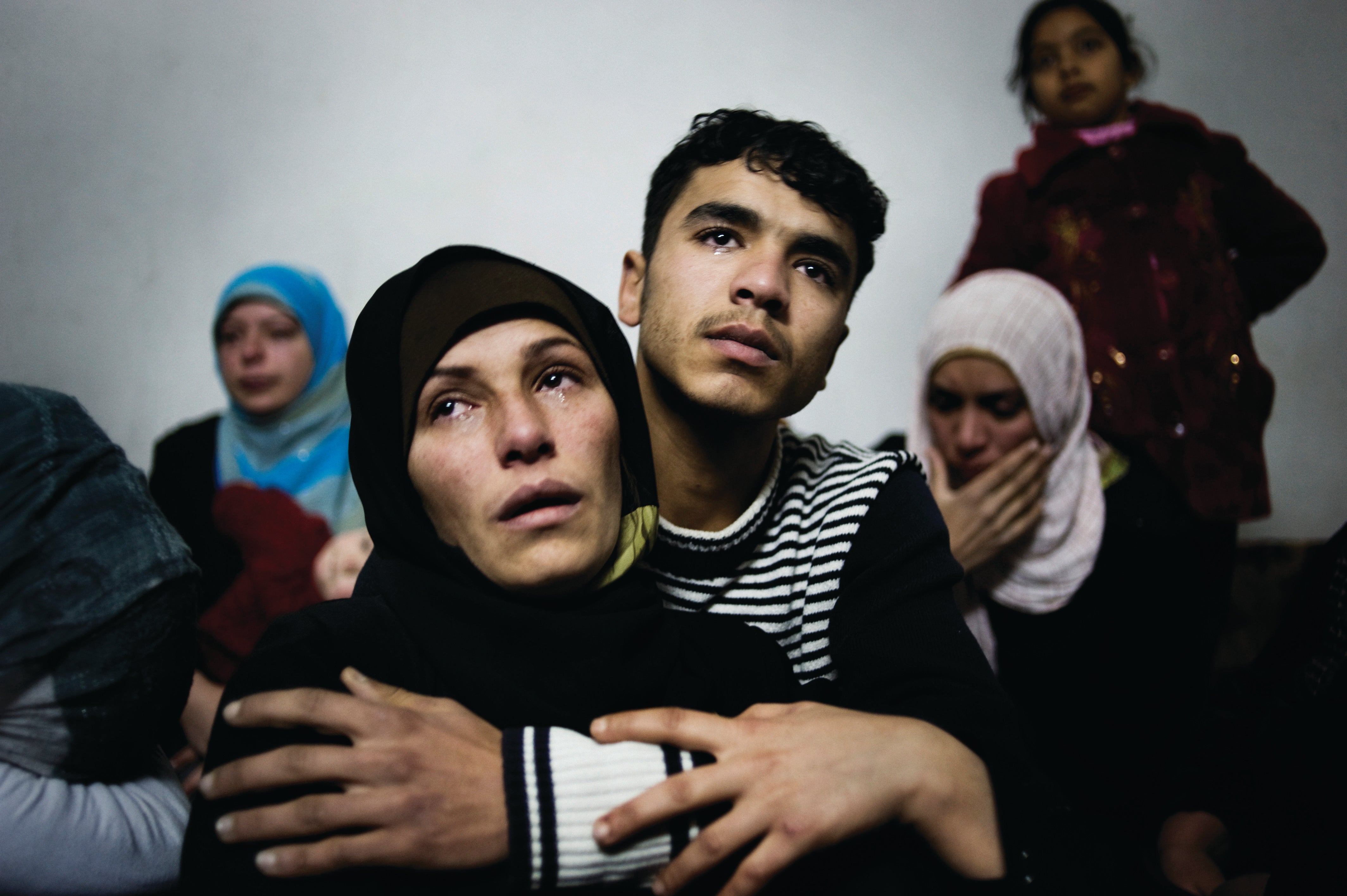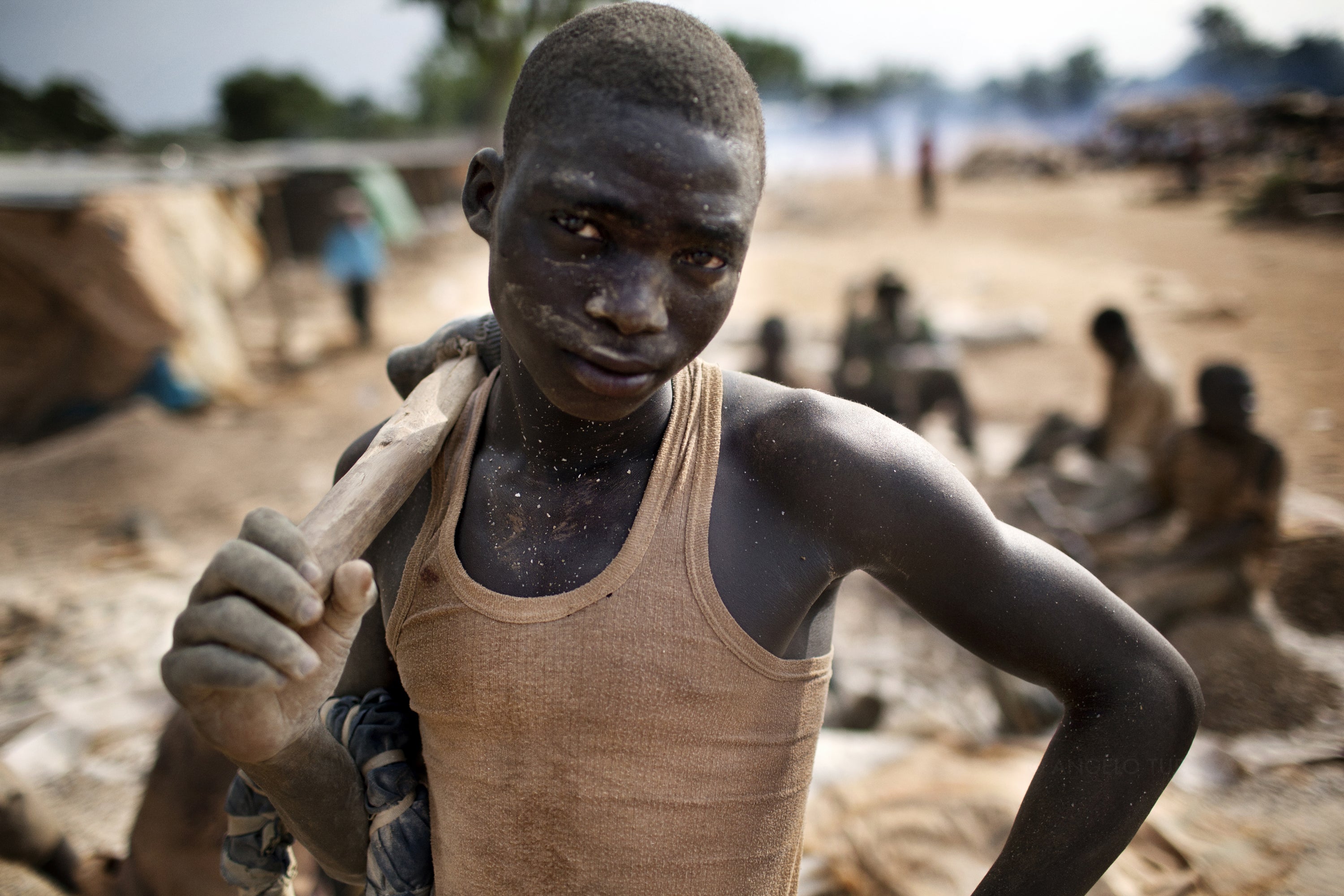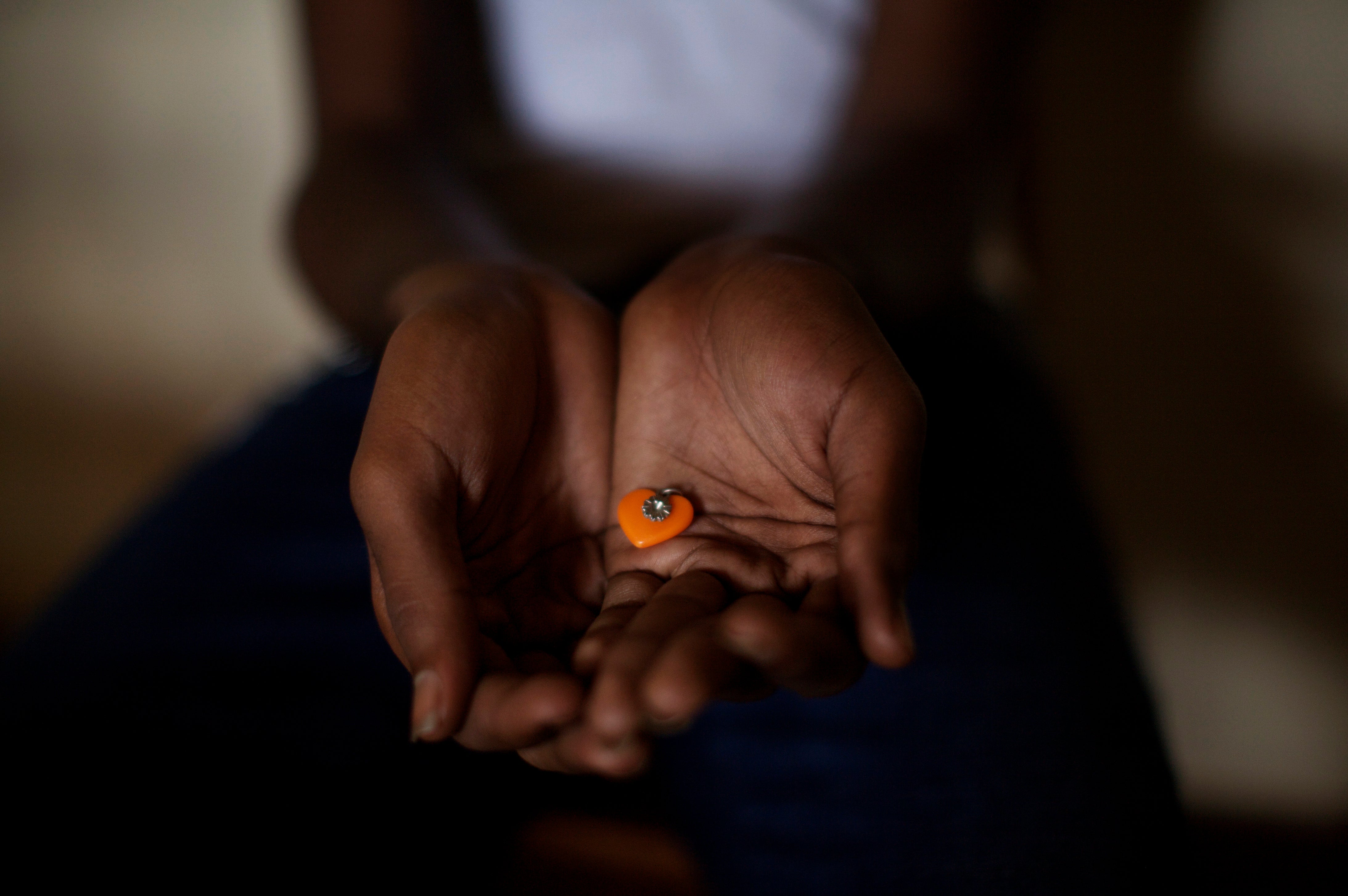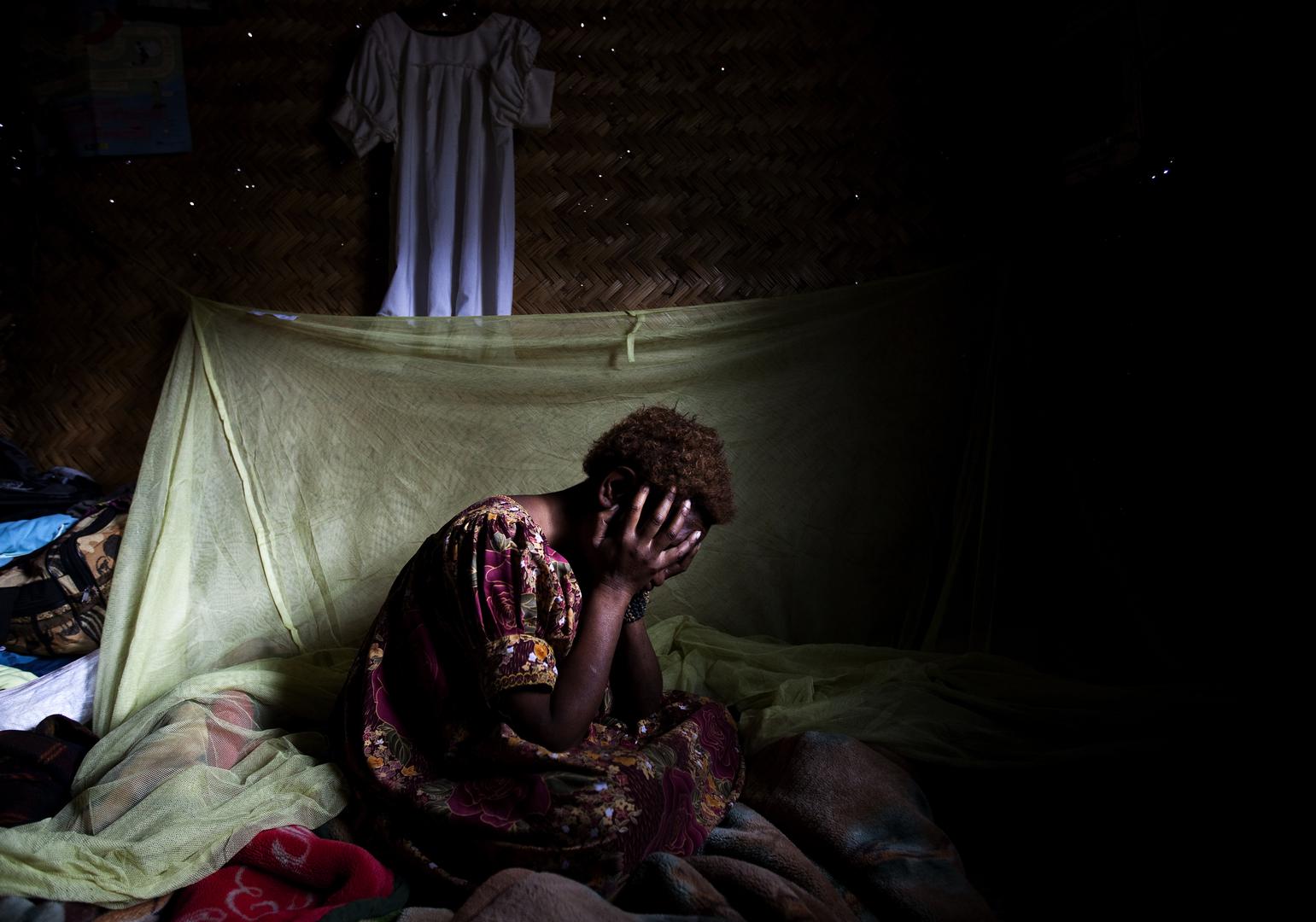In 2012, Qatar’s population grew nearly 5 percent, to 1.95 million, primarily due to an influx of foreign labor to meet the demands of a booming construction sector. Qatar has the highest ratio of non-citizens to citizens in the world, with nationals comprising approximately 12 percent of the population. The country has some of the most restrictive sponsorship laws in the Gulf region, and forced labor and human trafficking are serious problems. The government has failed to address shortcomings in the legal and regulatory framework despite the initiation of many large-scale projects in preparation for Qatar hosting the World Cup in 2022.
In June 2012, the Shura Council passed a new draft media law with provisions on free speech that may jeopardize Qatar's reputation as a center for media freedom. While the constitution protects freedom of expression“in accordance with the conditions and circumstances set forth in the law”, in practice Qatar restricts freedom of speech. Local media tend to self-censor, and the law permits criminal penalties, including prison terms, for defamation.
Migrant Workers
More than 1.2 million migrant workers—mostly from India, Pakistan, Sri Lanka, the Philippines, Nepal, and Bangladesh—live and work in Qatar, and that number is increasing rapidly. The country may recruit up to a million additional workers in the next decade to overhaul its infrastructure and build the stadiums required to host the 2022 World Cup.
Qatar’s Law 14 of 2004, governing labor in the private sector, limits working hours, requires paid annual leave, sets requirements on health and safety, and requires on-time payment of wages each month. However, laws intended to protect workers are rarely enforced. Passport confiscation is customary and workers typically pay exorbitant recruitment fees, much of which end up in Qatar, according to a 2011 World Bank study on the Nepal-Qatar migration corridor. Migrant workers have no right to unionize or strike, though they make up 99 percent of the private sector workforce. In addition, the kafala(sponsorship) system ties a migrant worker’s legal residence to his or her employer, or “sponsor.” Migrant workers cannot change jobs without their sponsoring employer’s consent except in exceptional cases and with Interior Ministry permission. If a worker leaves his or her employer, even if fleeing abuse, the employer can report the worker as “absconding,” leading to detention and deportation. In order to leave Qatar, migrants must obtain an exit visa from their sponsor, and some workers said sponsors denied them these visas. Reporting mechanisms and remedies are effectively unavailable to migrant workers. In addition, the labor law excludes domestic workers, almost all female, denying them basic protections such as limits to hours of work and weekly days off.
Migrant workers reported extensive labor law violations. Common complaints included late or unpaid wages. Some lived in overcrowded and unsanitary labor camps, and lacked access to potable water. Many workers said they received false information about their jobs and salaries before arriving and signed contracts in Qatar under coercive circumstances.
Qatar employs only 150 labor inspectors to monitor compliance with the labor law, and inspections do not include worker interviews.
The International Federation of Association Football (FIFA) pledged to raise worker rights issues with Qatari authorities. While the local organizing committee publicly said it would establish strict labor standards for contractors hired to build World Cup venues, no such standards appeared to be in place at this writing.
Freedom of Expression
In June 2012, the Shura Council approved a new draft media law with provisions on free speech that pose a threat to Qatar's reputation as a center for media freedom. The draft law still requires cabinet approval before becoming law. Al Jazeera, the international news network broadcasting in Arabic and English, is headquartered in Doha and funded by the Qatari government. While the station played an important role in reporting the pro-democracy movements in many Arab countries, it broadcasts few critical stories on Qatar, and the provisions of the draft media law may make it difficult for any media outlets in Qatar to criticize any Gulf Cooperation Council states. Article 53 of the draft law prohibits anyone from publishing or broadcasting anything that will “throw relations between the state and the Arab and friendly states into confusion,” and provides for a fine of one million Qatari Riyals (US$275,000) for offenders. The law also prohibits the publication or broadcast of anything that offends the ruling family or causes serious harm to the state or its interests.
After his arrest in November 2011, Qatari poet Muhammad ibn al-Dheeb al-Ajami remained in detention a year later for a poem he recited in which he insulted the emir, Sheikh Hamad bin Khalifa Al Thani. Article 134 of the penal code provides for five years’ imprisonment for criticism of the ruler. The state prosecutor charged al-Dheeb with “inciting the overthrow of the ruling regime” under article 130 of the penal code, a charge that can carry the death penalty.
Statelessness
Qatar has between 1,200 and 1,500 stateless Bidun who claim they have a right to citizenship. The 2005 Nationality Law allows individuals to apply for citizenship after living in Qatar for 25 years, but limits naturalization to 50 people per year. Bidun cannot register for education or health benefits, or legally work. The government does not register the birth of Bidun children.
In 2004 and 2005 the government stripped more than 5,000 Qataris from the al-Murra tribe of citizenship as delayed punishment for some members’ participation in a 1996 coup attempt against the current emir. In 2006, the Qatari government officially reinstated the citizenship of most of this group, but an estimated 200 remain stateless.
Women’s Rights
Both women and men vote in municipal elections, though elected representatives have limited power. Qatari women do not have the same rights as Qatari men to obtain nationality for their spouses and children. In 2010, Qatar appointed its first female judge.
Qatar has no law specifically criminalizing domestic violence, and the government currently publishes no data on incidents of domestic violence. Representatives of the Qatar Foundation for the Protection of Women and Children, a government-funded charitable institution, told local media that domestic violence remained a problem, based on their work with women and children who sought assistance.
Qatar adjudicates family law and personal status matters in religious courts, in which judges base rulings on their interpretations of Islamic law. People have no option to seek adjudication pursuant to a civil code. Family law as generally interpreted discriminates against women and grants men privileged status in matters of divorce, inheritance, and child custody.
Key International Actors
The 2022 World Cup in Qatar provides an opportunity to apply international pressure on Qatar to improve conditions for migrant workers who will be working on infrastructure for the event. FIFA pledged to raise worker rights issues with Qatari authorities. However, while Qatar’s World Cup organizing committee publicly said it would establish strict labor standards for contractors hired to build World Cup venues, no such standards appeared to be in place at this writing.




